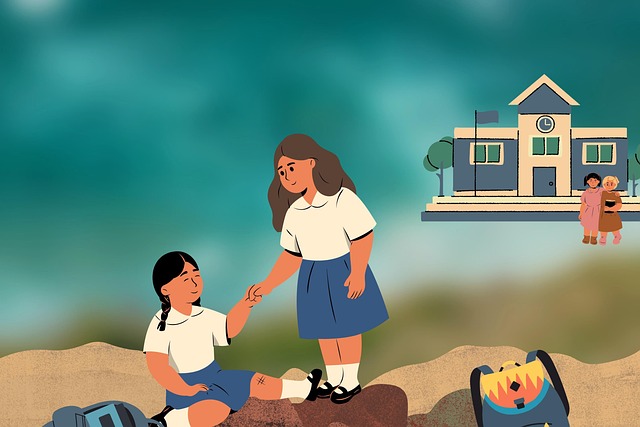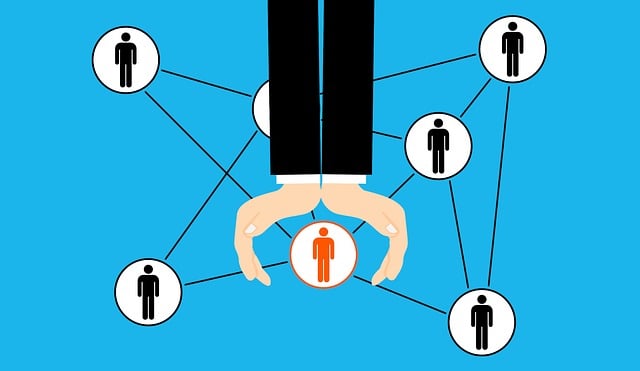Oregon ensures equal access to justice through a diverse network of non-profit law firms, community providers, and government agencies. Free or low-cost legal clinics, specialized public interest firms, and government programs target vulnerable populations, empowering residents to protect their rights. Online directories and community organizations simplify access to legal support resources, including pro bono options. The Oregon Support Legal Resource Directory categorizes services by law area and eligibility, facilitating connection with appropriate legal aid.
Oregon residents now have a comprehensive guide to navigating the state’s legal aid landscape. This directory aims to democratize access to justice by highlighting available resources for all. Whether you’re eligible for free legal services or seeking affordable representation, this resource provides a roadmap. Understand who qualifies for assistance, where to find local support, and what types of legal help are offered. Simplify your search for effective legal support with this Oregon-specific directory.
- Understanding Oregon's Legal Aid Landscape
- Who is Eligible for Free Legal Services?
- Locating Local Legal Support Resources
- Types of Legal Assistance Available
- Accessing Affordable Legal Representation
Understanding Oregon's Legal Aid Landscape

Oregon boasts a diverse and dynamic legal aid landscape, offering various resources for individuals seeking legal support. The state’s commitment to ensuring equal access to justice is evident through its comprehensive network of organizations and programs designed to assist those who cannot afford legal representation. This inclusive ecosystem encompasses non-profit law firms, community-based legal services providers, and government agencies, all working together to bridge the gap between legal resources and those in need.
By harnessing these collective efforts, Oregon enables residents to navigate complex legal matters with confidence. Whether it’s through free or low-cost legal clinics, public interest law firms specializing in specific areas of law, or government-funded programs targeting vulnerable populations, access to legal support is readily available across the state. This accessibility empowers Oregonians to protect their rights, resolve disputes, and pursue justice on a level playing field.
Who is Eligible for Free Legal Services?

In Oregon, free legal services are available to individuals who meet specific eligibility criteria. These services are designed to ensure equal access to justice for all residents, regardless of their financial situation. Generally, those who earn below a certain income level or have limited assets are eligible. The state’s legal aid organizations assess each case individually, considering factors such as income, family size, and the nature of the legal issue at hand.
Eligible clients can access a range of free legal support, including advice, representation, and assistance with court proceedings. This is particularly beneficial for low-income folks who might otherwise struggle to afford legal counsel. By providing these services, Oregon aims to bridge the gap in legal support access and ensure that everyone has the opportunity to protect their rights and seek justice.
Locating Local Legal Support Resources

Locating local legal support resources in Oregon can be a straightforward process thanks to various online directories and community organizations dedicated to connecting individuals with the help they need. These platforms offer a comprehensive list of legal services, including pro bono options for those who cannot afford representation. By utilizing these resources, Oregonians can gain access to free or low-cost legal advice, assistance with specific cases, and guidance on navigating complex laws and regulations.
Whether you’re seeking help with family law matters, housing issues, consumer rights, or immigration concerns, a simple online search or visit to dedicated websites can yield numerous results. Local bar associations, non-profit legal aid organizations, and community centers often feature within these directories, ensuring that residents have easy access to the legal support they require.
Types of Legal Assistance Available

In Oregon, individuals and families facing legal challenges can access a diverse range of assistance options designed to ensure equal justice. The state offers both free and low-cost legal services through various organizations, catering to different needs and circumstances. These include community legal clinics providing basic legal advice and representation on issues like consumer rights, housing, and immigration; legal aid societies specializing in more complex areas such as family law, disability benefits, and medical malpractice; and pro bono attorney networks that connect those in need with volunteer lawyers who offer their services free of charge.
Through these comprehensive resources, Oregon residents can navigate the complexities of the legal system with increased access to support. Whether it’s understanding one’s rights, seeking resolution through mediation, or pursuing legal action, the state’s dedicated legal assistance programs ensure that no one is left unaware of their options or unable to secure the help they require.
Accessing Affordable Legal Representation

Accessing affordable legal representation is a significant step in ensuring justice and equality for all Oregonians. The Oregon Support Legal Resource Directory serves as a comprehensive guide, connecting individuals with financial constraints to qualified attorneys who offer pro bono or reduced-fee services. This initiative recognizes that legal support is not a luxury but a necessity, empowering residents to navigate complex legal systems without the burden of high costs.
The directory streamlines the process of finding legal aid by categorizing resources based on specific areas of law and eligibility criteria. Whether one is seeking assistance with family matters, housing issues, or employment rights, they can quickly identify appropriate organizations and lawyers dedicated to providing access to justice for all.














